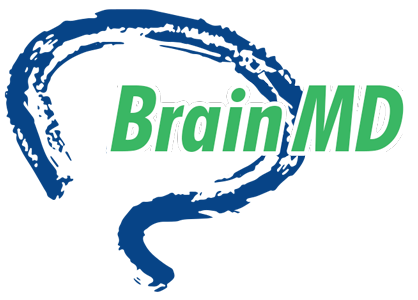
A stroke can be life-altering, affecting movement, speech, memory, and more. But the human brain is remarkably resilient. Through a process known as brain plasticity, the brain can adapt, rewire, and recover after injury. Understanding this concept offers hope and practical guidance for stroke recovery.
What Is Brain Plasticity?
Brain plasticity, or neuroplasticity, refers to the brain’s ability to reorganize itself by forming new neural connections. After a stroke damages part of the brain, other parts can take over lost functions through targeted therapy and consistent rehabilitation.
How Brain Plasticity Aids Stroke Recovery
Recovery from strokes is not just about physical therapy; it’s about teaching the brain to reroute tasks. Here’s how it works:
- Neurons reroute signals around damaged areas.
- Healthy brain regions take over impaired functions.
- Repetition and practice reinforce new pathways.
Key Factors That Enhance Neuroplasticity
- Early intervention – Starting rehab as soon as medically possible accelerates brain adaptation.
- Repetition – The more you practice a task, the stronger the new neural connections become.
- Task-specific training – Focused exercises target exact deficits (e.g., speech therapy for aphasia).
- Positive mental attitude – Emotional and psychological well-being play a critical role in progress.
Therapies That Support Brain Healing
- Physical therapy – Improves motor skills and coordination.
- Occupational therapy – Helps with everyday tasks and independence.
- Speech and language therapy – Restores communication skills.
- Cognitive therapy – Rebuilds memory, attention, and problem-solving skills.
- Neurofeedback and brain stimulation – Emerging therapies that support brain rewiring.
Hope Beyond the Hospital
Stroke recovery is a journey, one that continues at home and within communities. Engaging in mentally stimulating activities, eating brain-healthy foods, staying physically active, and maintaining strong social connections all contribute to long-term brain health and recovery.
Conclusion
Stroke may disrupt your life, but brain plasticity gives you the power to rebuild it. With the right care, support, and dedication, the brain can heal in extraordinary ways. At BrainMD, we’re committed to helping patients and families understand the science of recovery and live it every day.
